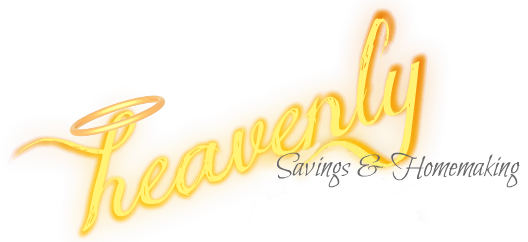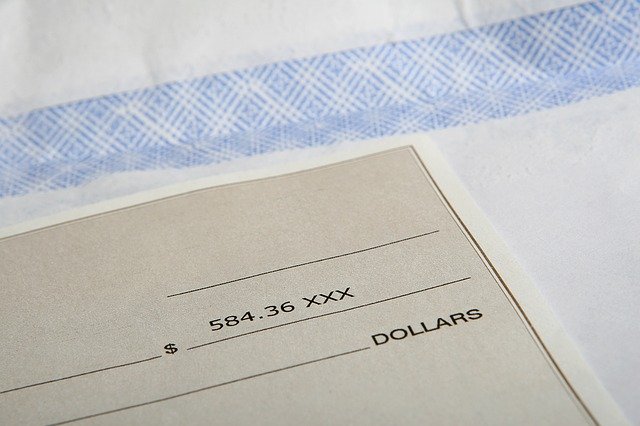How to Be Penny and Pound Wise – Easy Financial Wisdom
It’s a habit that we seem to have lost over the years, and it’s only because of the recent recession that we have woken up to the value of saving money. It’s not just enough to earn it; you have to be aware of how you spend it and how much you save each month. It’s easy enough to manage your finances because it’s a matter of simple mathematics – you add your income and subtract your expenditure leaving you enough to put aside as savings every month. But unfortunately, even though this is all so easy and sounds good on paper, it’s not simple in real life because we’re swamped by various spending options.
Cash has been relegated to the background and it’s the age where credit cards and direct debits from your bank account, so unless you’re on top of all that you spend and balance your accounts religiously every month, you lose track of how much you owe others, how much you’ve actually spent, and how much you have in your bank balance. The problem with credit cards is that most people do not realize that when you use them, you are not spending your own money. Rather, you’ve borrowed money from your bank or credit card company, and if you don’t repay the amount in full before the due date, you’re going to be charged interest.
But most people are unaware of how credit cards work – they think it’s a magic piece of plastic that allows them to spend as much as their limit allows them to, and that they only need to repay the minimum balance every month. What they fail to understand is that when they pay just the minimum amount every month, they are accruing interest at a high rate – the higher the unpaid balance on their credit card, the more money they owe the bank. And one fine day, they wake up to find themselves deep in debt with no way to repay it.
If you want to be wise about money, here’s what you need to do.
• Use your monthly income to first take care of priority debts like those on your car or home and others that could bring about a foreclosure or other legal actions.
• Keep track of all your other expenses.
• Know how much you owe in terms of credit card debt. The best way to avoid falling into the debt trap through your credit cards is to set up an automatic debit via your bank to pay off the balance on your card every month. This way, you know that you must spend only what you have in the bank or risk an overdraft.
• Use your debit card or cash for smaller purchases.
• If you don’t actually have the money to buy any service or product, don’t charge it to your card. You cannot depend on future windfalls to clear your debt.
The key to good finances is simple enough, but most people fail because they are not aware of their money problems. And even if they do know what is going on, they don’t make the necessary effort to get their finances in order. When you are aware and ready to reduce spending and boost saving, you don’t really have a problem at all.
By-line:
This guest post is contributed by Anna Miller, who writes on the topic of degrees online . She welcomes your comments at her email id: anna.miller009@gmail.com


